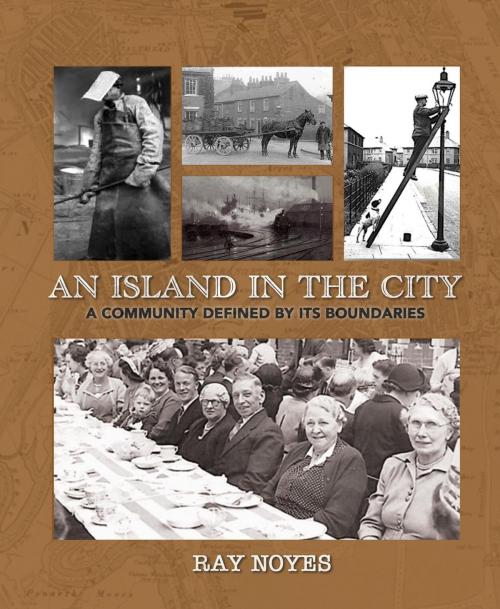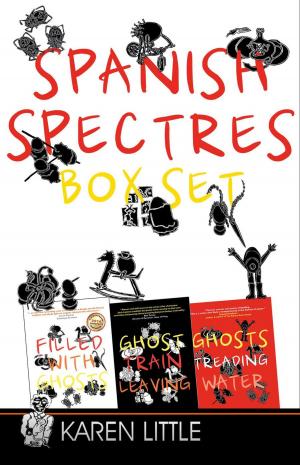Island in the City - A Post-war Childhood in a Community Defined by its Boundaries
Wordcatcher History
Nonfiction, History, British| Author: | RAY NOYES | ISBN: | 9781789421026 |
| Publisher: | Wordcatcher Publishing | Publication: | January 4, 2019 |
| Imprint: | Language: | English |
| Author: | RAY NOYES |
| ISBN: | 9781789421026 |
| Publisher: | Wordcatcher Publishing |
| Publication: | January 4, 2019 |
| Imprint: | |
| Language: | English |
A working-class district of Cardiff, the area where the author lived as a child was experienced as an island in the 1940s and 50s; a world surrounded by the noise and clamour of industry. Docks, railways, canals, foundries, gasworks, steam engines and ships all called siren-like to children eager to explore the world outside it. Cowboys fought Indians; heroes fought dragons and inventors made cars out of planks of wood and pram wheels.
School continued to have many echoes of the Victorian era and the school on the island, in particular, even looked like one. Its soaring ceilings, stone archways and hard plank desks were the same as when it was first built in the 1880s. Discipline was still achieved with the use of the cane. Duty and good citizenship were inherently part of the values of such establishments.
Exploration and inventiveness ensured the summer holidays were ones of excitement and occasionally danger. The clanking of engines and the flames of industry were a constant background to a childhood full of wonder, yet one that was still grounded in echoes of Edwardian values. How these mutated as society changed under the pressure of inventions and innovations provide a fascinating insight into a changing Britain.
In a couple of decades, the country moved from being powered by horses and steam, to nuclear power and oil. Homes that knew only coal and gas were transformed by electricity as were the new inventions within them. Television arrived, as did the transistor and eventually the microchip.
Gradually, the foundries, docks, railways and canals closed. Gone was the noise and the constant glow of industry. The island became transformed, but becoming less exciting than it once was.
This is a gentle, anecdotal walk through two decades of a changing world seen through the eyes of a child.
A working-class district of Cardiff, the area where the author lived as a child was experienced as an island in the 1940s and 50s; a world surrounded by the noise and clamour of industry. Docks, railways, canals, foundries, gasworks, steam engines and ships all called siren-like to children eager to explore the world outside it. Cowboys fought Indians; heroes fought dragons and inventors made cars out of planks of wood and pram wheels.
School continued to have many echoes of the Victorian era and the school on the island, in particular, even looked like one. Its soaring ceilings, stone archways and hard plank desks were the same as when it was first built in the 1880s. Discipline was still achieved with the use of the cane. Duty and good citizenship were inherently part of the values of such establishments.
Exploration and inventiveness ensured the summer holidays were ones of excitement and occasionally danger. The clanking of engines and the flames of industry were a constant background to a childhood full of wonder, yet one that was still grounded in echoes of Edwardian values. How these mutated as society changed under the pressure of inventions and innovations provide a fascinating insight into a changing Britain.
In a couple of decades, the country moved from being powered by horses and steam, to nuclear power and oil. Homes that knew only coal and gas were transformed by electricity as were the new inventions within them. Television arrived, as did the transistor and eventually the microchip.
Gradually, the foundries, docks, railways and canals closed. Gone was the noise and the constant glow of industry. The island became transformed, but becoming less exciting than it once was.
This is a gentle, anecdotal walk through two decades of a changing world seen through the eyes of a child.















